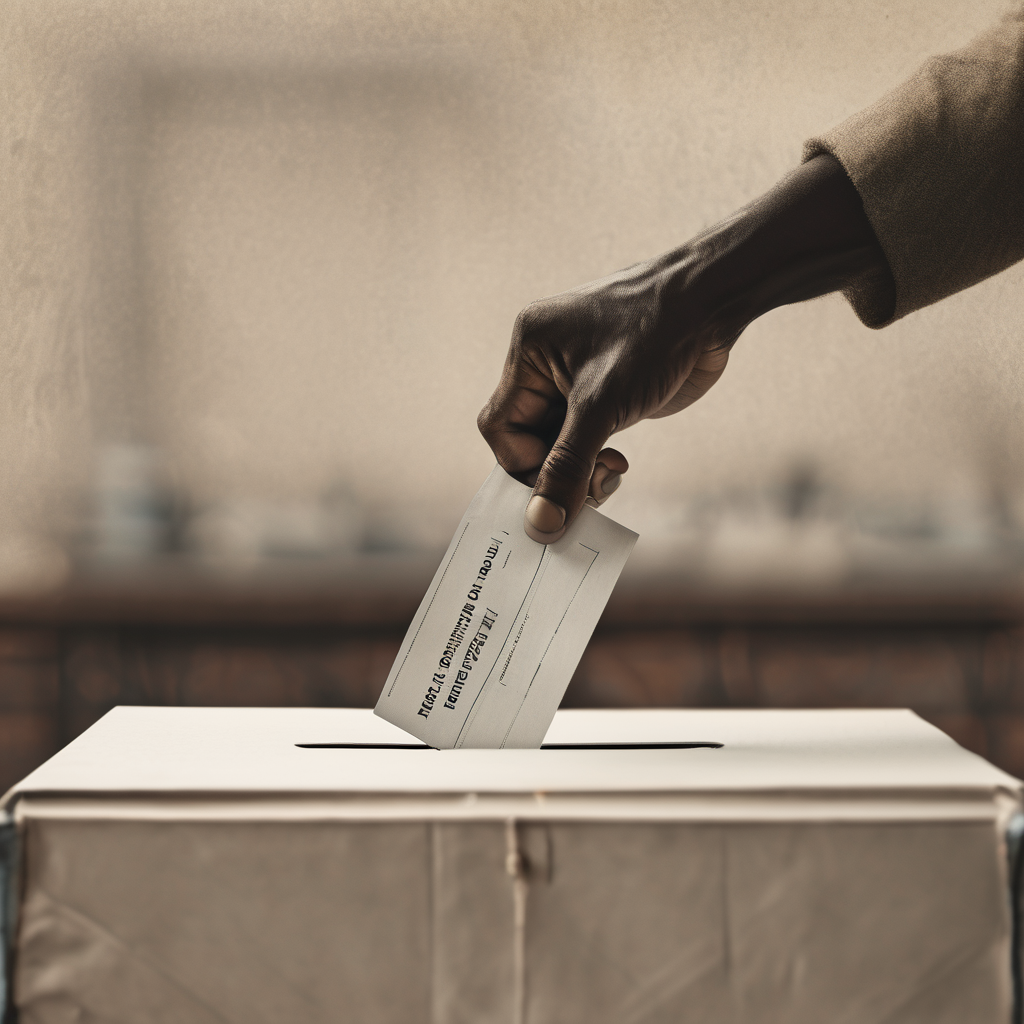Paul Biya, the world’s oldest and longest-serving head of state, has been confirmed as the winner of the recent presidential election in Cameroon, allowing him to embark on an unprecedented eighth term in office. The constitutional council announced that Biya secured 53.66% of the votes, while his main challenger, Issa Tchiroma Bakary, received 35.19%.
At the age of 92, Biya has been in power since 1982, having eliminated the presidential term limit in 2008, which has allowed him to maintain a firm grip on the country’s leadership through several electoral cycles. His victories have consistently been marked by significant margins, though the political atmosphere remains tense.
In the lead-up to the official results, Cameroon experienced unrest, leading to four fatalities during clashes between security forces and opposition supporters in Douala, the country’s economic hub. Tchiroma had prematurely declared victory two days after the election on October 12, publishing figures from a tally that he claimed indicated he received 54.8% of the votes. His team argued that the results were based on 80% of the electorate they had compiled. Tchiroma also called for protests if the official announcement contradicted his claimed victory, but the ruling Cameroon People’s Democratic Movement urged him to await the constitutional council’s official declaration.
The political climate has been particularly volatile, especially in Garoua, Tchiroma’s hometown, where young people gathered in anticipation of potential unrest or arrests. Protests have erupted not only in Garoua but also in the capital, Yaoundé, and in populous cities like Bafoussam and Douala. In a recent video shared on social media, Tchiroma alleged that security forces attempted to breach his home to make an arrest.
Biya stands as only the second leader of Cameroon since the nation gained independence from France in 1960. Throughout his lengthy rule, he has faced criticism for his authoritarian approach, which includes suppressing political dissent and navigating the country through periods of social upheaval, economic challenges, and ongoing separatist conflicts. Despite the challenges and unrest, Biya’s continued ascendancy reflects a complex political landscape in Cameroon, raising questions about the future of democracy in the region.
